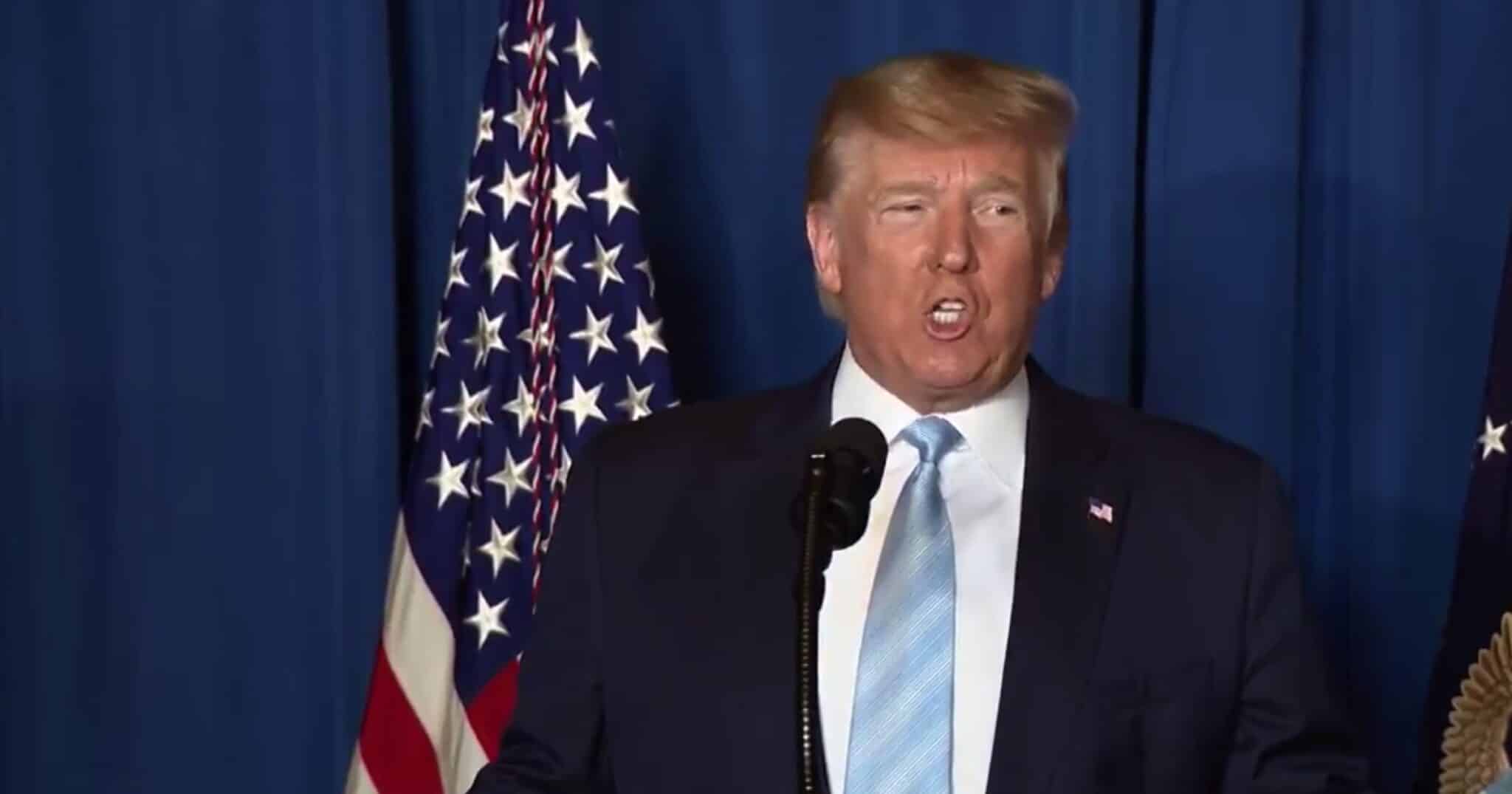








In an effort to address concerns from high-tax states, President-elect Donald Trump has been actively participating in discussions on revising the state and local tax (SALT) deduction cap according to Newsmax.
Lawmakers have sought Trump's support to reconsider the $10,000 limit on SALT deductions set during his first term, aiming to provide more financial relief for their constituents.
Recently, a notable meeting took place at Mar-a-Lago, where Trump met with House Republicans from New York, New Jersey, and California, collectively known as the SALT Caucus. This group has been vocal about their dissatisfaction with the current SALT deduction cap.
The cap, established as part of the 2017 tax law under Trump's previous administration, limits the deduction for state and local taxes to $10,000.
Lawmakers from high-tax regions like New York and New Jersey argue that this has placed a significant financial burden on their residents.
Rep. Nicole Malliotakis, R-N.Y., noted the importance of increasing the deduction to alleviate this pressure, commenting on how local governance has been affecting taxpayers. Meanwhile, SALT Caucus Co-Chairs Andrew Garbarino, R-N.Y., and Young Kim, R-Calif., emphasized their commitment to Trump to tackle this issue for their voters.
During the meeting, optimism grew as lawmakers felt a genuine willingness from Trump to hear their concerns. This positive response was seen as a catalyst for future negotiations aimed at increasing the deduction limit to a more acceptable level.
The dialogue highlighted a bipartisan approach to seeking relief; however, these changes come with challenges. House GOP leaders require clarity on SALT as part of their strategy to finalize a comprehensive tax package, which underscores the need for a collective agreement within the party.
Rep. Claudia Tenney, R-N.Y., expressed her approval, stating that the president's involvement will facilitate negotiations across different branches of government, ultimately striving for what can be achieved effectively. Ideas floated during the discussion included potentially restricting the property tax component of the deduction to manage overall tax relief costs.
Trump's directive was clear—lawmakers were urged to "come back with a number" that would balance the relief for taxpayers with the broader interests of the Republican Conference.
Participants left the meeting feeling positive about the possibility of compromise. They are tasked with developing a viable plan that would meet approval from the broader Republican contingent while effectively addressing the concerns of high-tax regions.
Malliotakis further elaborated on the challenge of reaching a consensus among conference members, specifically noting the need to secure votes to pass any proposed changes.
This sentiment underscores the intricacies and the political balancing act needed within the GOP to achieve their goals.
The outcome of these discussions is crucial not only for affected constituents but also for setting the tone for incoming fiscal policies under Trump’s leadership.
The stakeholders involved recognize the importance of timely and thoughtful decisions to foster adequate support from various legislature segments.
As discussions about the SALT deduction cap continue, the core issue remains to provide substantial tax relief for middle-class Americans. This objective aligns with broader efforts to ensure that any modification made would be politically viable while delivering tangible benefits to those most impacted by the current cap.


